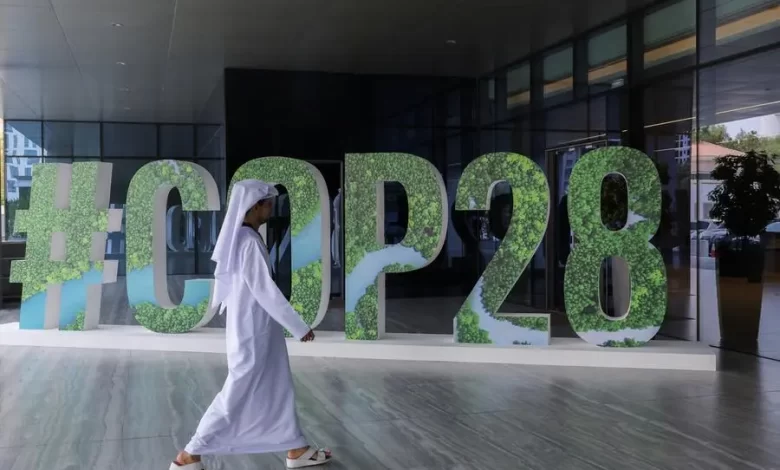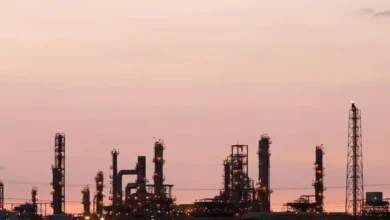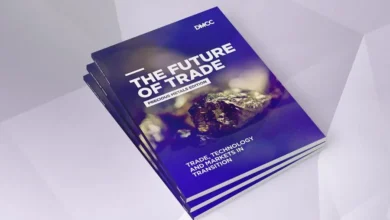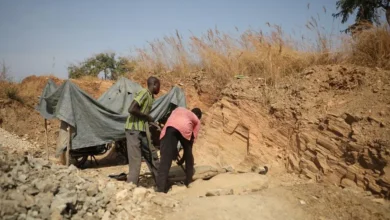
- MENA Climate Week provided a platform to spotlight regional solutions and innovations, paving the way for strengthened collaboration across borders, sectors, and disciplines
ABU DHABI – The MENA Climate Week (MENACW), which was hosted recently by Saudi government in collaboration with the UN Framework Convention on Climate Change (UNFCCC) in Riyadh, provided an effective qualification process for countries, institutions and organizations to participate in the United Nations Convention on Climate Change Conference (COP28), which the UAE will host in Expo City Dubai from November 30 to December 12 of this year. MENACW 2023 convened under the theme, “Advancing Inclusivity and Circularity for Just and Equitable Energy Transitions.” It focused on three main pillars: transformation, inclusion, and solutions.
Four thematic tracks were discussed during the meeting:
Energy Systems and Industry;
Cities, Urban and Rural Settlements, Infrastructure, and Transport;
Land, Ocean, Food, and Water; and
Societies, Health, Livelihoods, and Economies.
MENA Climate Week provided a platform to spotlight regional solutions and innovations, paving the way for strengthened collaboration across borders, sectors, and disciplines. The Riyadh event, according to regional stakeholders, was a significant collaborative opportunity ahead of the COP28.
The event, which brought together policymakers, private sector firms, youth campaigners, and other key stakeholders in the climate change and sustainability sphere, was convened at a crucial time when a majority of the countries have identified climbing temperatures as a problem and have since promised to take measures to curb the effects of global warming to a maximum of 1.5 degrees Celsius between 2030 and 2050. Participants in Riyadh spoke about the challenges and opportunities for climate action and support in the MENA region, which will help inform the global stocktake and accelerate implementation of the Paris Agreement.
The global stocktake, which concludes at COP28, is an opportunity to critically assess where the world stands on climate action and to chart the course forward through increased ambition and action to limit global warming to 1.5°C.
In his keynote address, HRH Prince Abdulaziz bin Salman, Saudi Arabia’s Minister of Energy, said, “The goal of the week is to address the complexities, challenges and opportunities of climate change, collectively offering views that will ultimately be considered as part of the climate ‘stocktake’ at COP28 in November,” according to a Saudi Ministry of Energy statement.’’
‘’We must work together in order for COP28 in Dubai to become a successful summit that will remain in the memory of all of us,’’ he added.
For his part, Suhail Al Mazrouei, UAE Minister of Energy and Infrastructure, said: “We cannot stop the energy system we are dealing with today, but rather build a new system for the future, before we have sustainable energy.”
Sameh Shoukry, Minister of Foreign Affairs, Egypt, and COP 27 President, emphasised the role of developing nations in: leading the climate change intergovernmental process, guided by the principles of common but differentiated responsibilities (CBDR), equity, right to development, and climate justice; achieving decisions related to emission reductions and phasing out fossil fuels; and building resilience by incorporating the impacts of climate change into national plans. Shoukry highlighted the balance between rights and duties achieved at COP 27, which led to the launch of the Loss and Damage Fund. He called for supporting a just transition pathway and underscored the importance of restructuring financial institutions.
Ministers responsible for climate change in the Arab countries issued a ministerial statement expressing their support for the UAE’s hosting of COP28.
The ministerial statement commends the four pillars of COP28: fast-tracking the energy transition; fixing climate finance; focusing on people, lives and livelihoods; and underpinning everything with full inclusivity.
Three major announcements were made during MENACW 2023 for advancing global climate goals, on: Saudi Arabia’s Greenhouse Gas Crediting and Offsetting Mechanism (GCOM); the Roadmap to Reaching the Saudi Green Initiative’s 10 Billion Tree Target; and the Empowering Africa initiative, building on the foundation of the Clean Fuel Solutions for Cooking programme.
MENACW 2023 marked the highest-ever attendance of any UN Regional Climate Week to date, convening over 9000 participants and over 240 sessions.
MENACW took place for the first time in 2022 in Dubai, and brought together more than 3000 participants from over 135 countries to share on actions creating regional momentum towards global progress and enable bold commitments and the submission of stronger Nationally Determined Contributions (NDCs) and Long Term-Low Emission Development Strategies (LT-LEDS).




